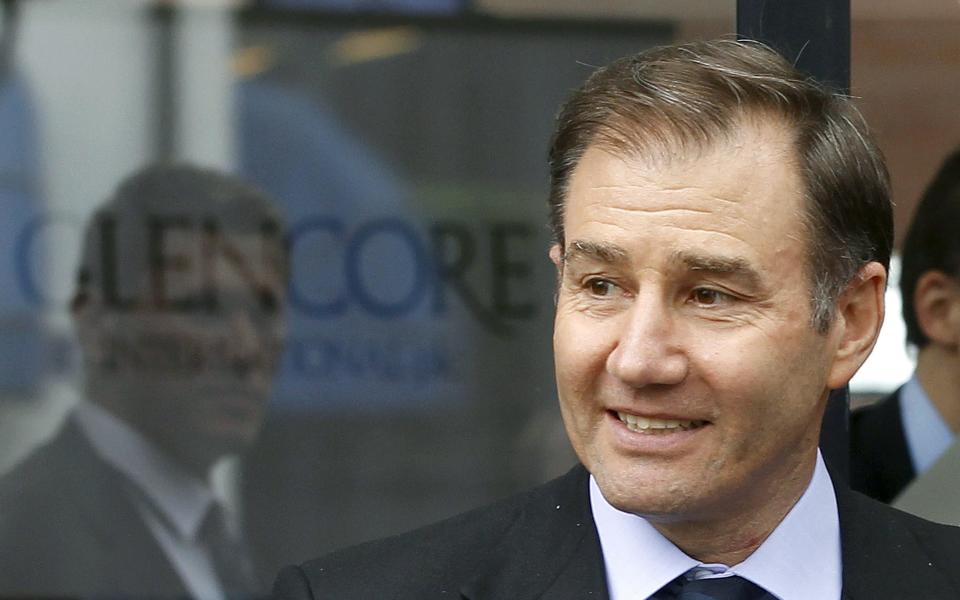Glencore risks investor ire as partner resumes hunt for oil in disputed Western Sahara waters
Glencore risks drawing further ire over oil exploration in Western Sahara after one of its partners resumed prospecting off the coast of the disputed territory earlier this month.
A ship chartered by private firm New Age Energy spent several weeks conducting 3D seismic scans of the sea floor in what it called “early stage” exploration for hydrocarbons.
Glencore owns 18.75pc of the Foum Ognit licence area, with Moroccan state oil company ONHYM holding 25pc, and New Age the remaining 56.25pc.
The survey reopens a debate about the sovereignty of mineral rights in the African territory. Western Sahara’s status is regarded as “undetermined” by the British government. A large part of the country has been occupied by Morocco since 1976, but the local Saharawi people have long campaigned for self-determination.
The UN ruled in 2002 that searching for oil in Western Sahara was not illegal, but that the exploitation of any resulting discoveries would have to respect “the interests and wishes of the people of Western Sahara”.
A number of pension funds have sold out of companies that explore for oil in the region, on the basis that Morocco does not have the right to bestow licences. In 2015, KLP, Norway’s largest life insurer, announced it would no longer invest in Glencore, saying its activity there ran an “unacceptable risk of violating fundamental ethical norms” and was unlikely to be consistent with international law.
Resource companies have argued that helping to develop an industry in Western Sahara is the best way to create jobs and boost its economy, which had an estimated GDP of just $908.9m in 2007.
In addition to its mining operations, FTSE 100 giant Glencore is one of the world’s biggest traders of oil. It acquired parts of two blocks off the coast of Western Sahara to explore for oil in 2014, but has so far not progressed its work. Since an industry downturn two years ago, it has been looking to prune parts of its portfolio.
An industry source said that Glencore was in advanced talks to transfer ownership of its stake in Foum Ognit to New Age, as it was unclear if the block would ever produce oil.
Glencore declined to comment.

 Yahoo Finance
Yahoo Finance 


